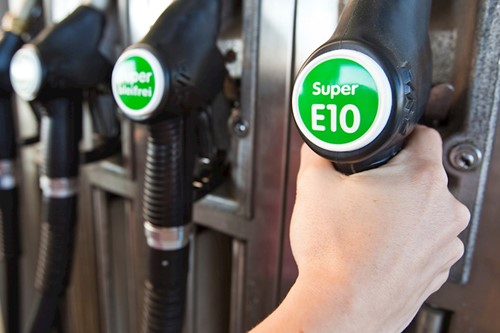Paradigm Shift Needed
The EU should add a provision to existing legislation requiring that member states maintain a strategic storage of biofuels, writes Robert Vierhout, Secretary-General of ePURE. It's time to start thinking about security of energy supply and using biofuels in a smarter way.
Different jurisdictions can have different reasons for promoting renewable fuels. When Brazil started its pro-alcohol program in the ’70s, it was mainly to find a domestic replacement for much-too-expensive foreign oil. In the U.S., it was very much an agricultural driver, providing corn growers with a new market and, later, reducing imports of oil from politically unstable countries, a pretty important issue too.
In Europe, the discussion on renewables has always, and too much, been dominated by the environmental effects. What originally in Europe started as an instrument of energy policy is now strongly influenced and managed by environmental policymakers. In that sense, there is an interesting parallel between the U.S. and the European Union. In the United States too, the U.S. EPA is very much calling the shots nowadays.
Does it make sense to put so much emphasis on the environmental benefits? Certainly, environmental performance is important. But I have the feeling that in Europe we have turned a blind eye to all the other benefits renewable fuels can bring. For example, using domestic sources to produce part of our energy needs.
The time seems to be right to shift gears in the debate on biofuels and there are some pretty good reasons to do this. Here are a few.
At present, 85 percent of Europe’s oil is imported and forecasts indicate that this share of oil imports will likely increase even further by 2030.
In the EU transport sector, 94 percent of the fuels used are fossil-based.
The EU's oil bill currently stands at 1 billion euros($1.3 billion) a day.
Europe needs to import 20 percent of its diesel needs; most of it is coming from Russia.
And whether we like it or not, we are running out of oil. We can speculate long about when "peak of oil" will happen but someday it will (or maybe it has already happened).
These are ample reasons to put more emphasis on why biofuels are also needed: reducing our dependency on fossil fuels and the security of our energy supply.
Slowly, a shift seems to be happening. Security of energy supply is getting higher on the political agenda, mainly caused by the recent turmoil in the Ukraine. Even though the concerns are mainly about gas for heating and electricity production, one cannot exclude that one of these days diesel flows will be curtailed.
We better not wait for that day. Let’s start thinking about how we can increase domestic fuel production to hedge against such a scenario and use biofuels in a smarter way at the same time.
We don't need to reinvent the wheel to accomplish the latter. The EU has legislation that forces every member state to maintain a strategic storage of crude to cope with unforeseen circumstances. Why wouldn't we add a provision that member states should also maintain a strategic storage of biofuels?
Hopefully, the debate on cheaper energy that is now taking place in Europe will widen to securing energy supply. Biofuels can play a part in this. It is time for a shift in thinking about biofuels and what these fuels can deliver for society in securing part of our energy needs.
